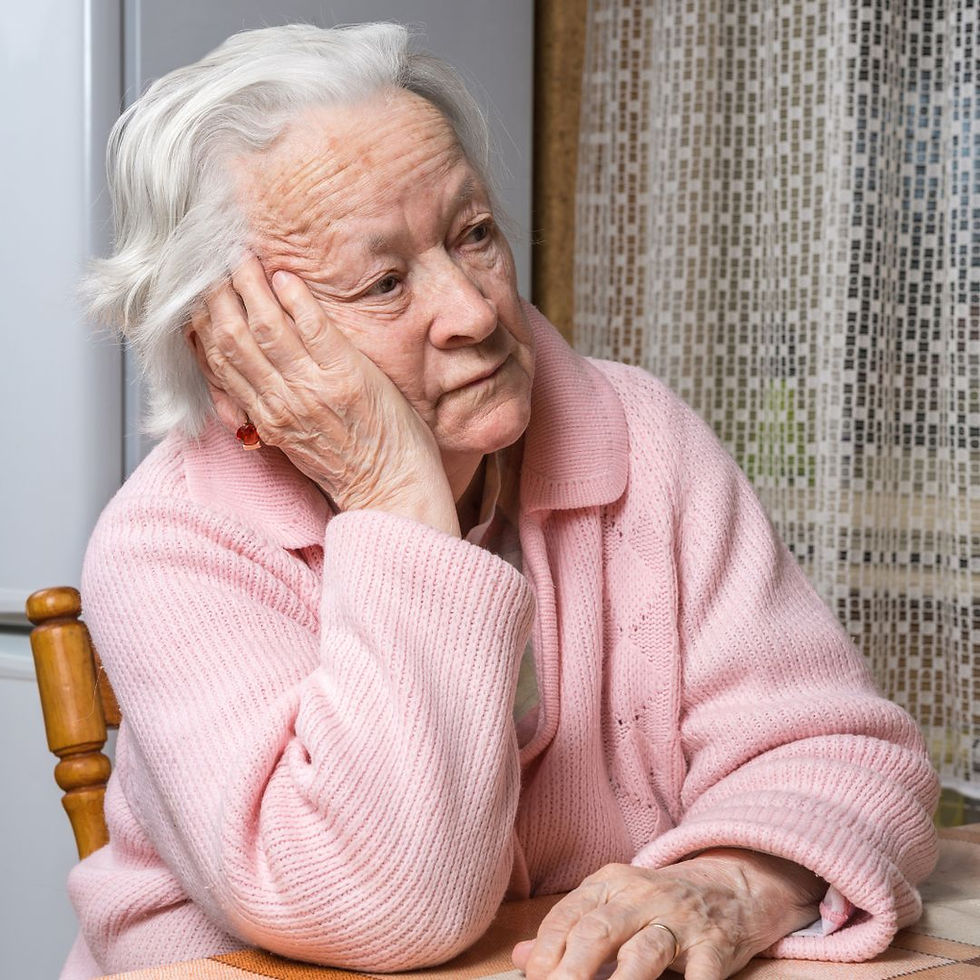
As an Activity Coordinator you play a crucial role in maintaining the mental wellbeing of the residents in your care home. The social interactions and engagements you facilitate are not just enjoyable pastime. Care home activities matter, they are essential for the residents' health and happiness.
When social activities are limited, residents may experience increased feelings of depression and anxiety. Without regular engagement, we often see a decline in their overall mental health and quality of life.
Last week I wrote about how limited social interaction can quickly lead to feelings of isolation and loneliness among residents. As social beings, humans require regular interaction to maintain emotional health. When residents lack access to social activities, they may feel overlooked and disconnected, resulting in profound loneliness. This emotional state can trigger or exacerbate conditions such as depression and anxiety. Without intervention, these feelings can create a challenging cycle that becomes increasingly difficult to break.
Activity coordinators play a vital role in preventing and addressing these issues through thoughtful, engaging care home activities.
Limited social interaction can amplify anxiety and depression in residents. Regular social activities typically offer a welcome diversion from personal concerns and stressors, while providing emotional support and a sense of routine. Without these interactions, residents may find themselves dwelling on negative thoughts and emotions, potentially leading to increased anxiety and more severe depression. The lack of positive reinforcement and peer support that typically comes from social engagement can make it significantly more difficult for residents to manage these mental health challenges. You can help mitigate these issues by implementing programmes that foster social connections and provide emotional outlets for residents.
Social activities give residents a sense of purpose and belonging, both of which are essential for mental wellbeing. Without these engagements, residents may feel their lives lack meaning and that they can no longer contribute value to their community. This diminished sense of self-worth can lead to feelings of hopelessness and despair, further compromising mental health.
Regular care home activities, providing social interaction, help reinforce residents' identities and roles within their community, promoting a more positive self-image and emotional state. By facilitating purposeful and meaningful social activities, you can help residents maintain a sense of purpose and connection, vital for their overall mental health and quality of life.
Given the negative impact of limited social interaction, it's crucial to implement activities that enhance residents' mental health. The following three types of activities have been shown to have significant positive results:
Group physical activities offer benefits for both physical and mental wellbeing. Classes such as yoga, tai chi, or gentle aerobics provide residents with a sense of community and belonging. These sessions encourage social interaction, improve mood through the release of endorphins, and help reduce symptoms of anxiety and depression.
The shared experience of working towards common goals in a supportive environment can significantly enhance mental wellbeing. By organising regular group exercise sessions, you can help residents improve their overall health whilst also fostering social connections.
Creative activities such as painting, knitting, writing, or music can offer a therapeutic outlet for residents. Activity sessions focused on these pursuits stimulate the brain, encourage self-expression, and provide a sense of achievement. These sessions also create opportunities for residents to interact, share their work, and form meaningful connections. Creative expression is a powerful tool for managing stress, reducing anxiety, and enhancing overall mood, thus making a significant contribution to mental wellbeing. By organising regular creative workshops, activity coordinators can help residents explore new interests or rekindle old passions whilst fostering a supportive, social environment.
Arranging regular social events and clubs that cater to residents' interests can cultivate a strong sense of community. Book clubs, gardening groups, film nights, and themed gatherings are examples of activities that can bring residents together. These events offer more than just entertainment and enjoyment; they create opportunities for residents to form friendships and build support networks with people who have shared interests.
The anticipation of upcoming social events gives residents something to look forward to, enhancing their overall happiness and mental wellbeing. These gatherings provide emotional support and a sense of belonging, which are crucial for maintaining good mental health.
You can make a significant impact when you organise a diverse range of social events that appeal to different interests and encourage widespread participation among residents.

Opmerkingen